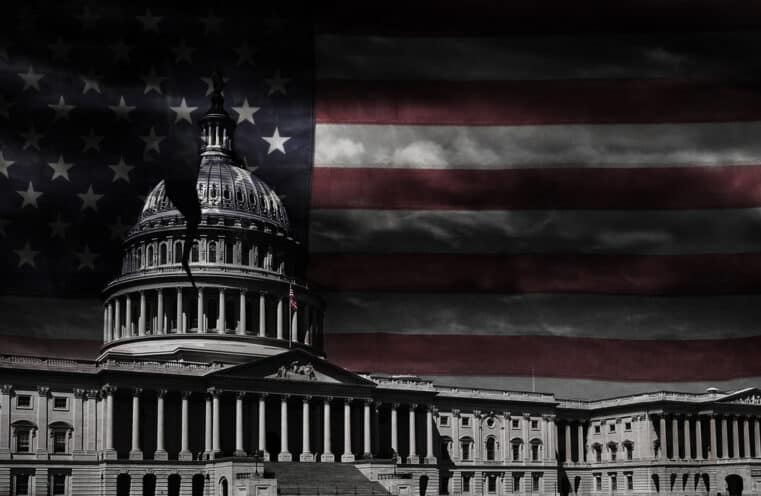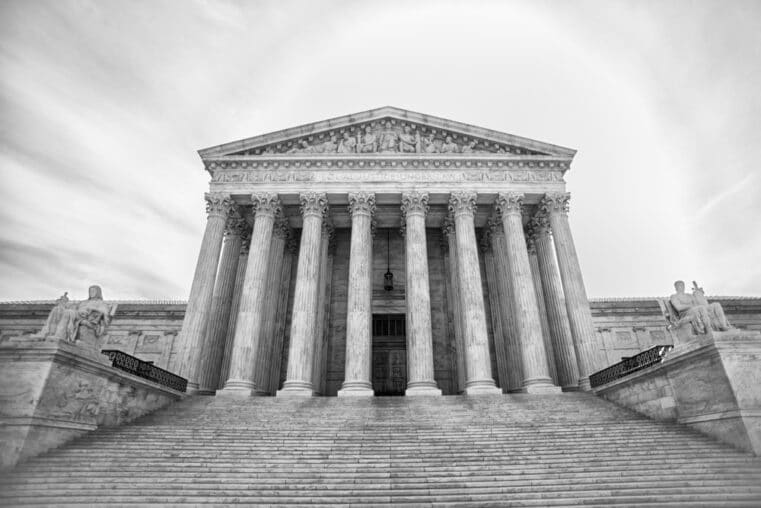
Buying the Dip or Drinking the Kool-Aid? Why Republicans May Be More Financially Prepared Than Democrats
UMich Numbers Reveal the Truth: Two Americas, Two Economies
Let’s talk about the absurdity masquerading as data: According to the latest University of Michigan consumer sentiment survey, Democrats are registering a confidence score of 22.5 while Republicans post a 90.8. That’s not a typo. That’s nearly a 70-point gap.
It’s not just a political split—it’s a financial schizophrenia. One half of the country believes the sky is falling, while the other half thinks now’s the time to buy the dip. We’ve always had differences in how parties perceive the economy, but this isn’t a gap. It’s a chasm.
If you’re wondering how you’re supposed to run a nation, set policy, or even sell a financial product when the country can’t agree whether we’re in a boom or a bust—well, you can’t.
Republicans: Realists or Just Opportunists?
Here’s the kicker: While Wall Street professionals second-guess every Fed whisper, it’s retail investors—many of whom lean Republican—who’ve been scooping up dips like it’s Black Friday. ETFs like TQQQ, a 3x leveraged bet on tech, are getting trimmed by retail traders taking profits—not diving headfirst into euphoria.
Is it possible that Republicans are actually better at riding volatility? The data suggest they buy low when everyone else panics, then scale out when the narrative flips. They aren’t letting doomsday headlines dictate their trades. If that’s not the definition of “smart money,” I don’t know what is.
Democrats, on the other hand, seem paralyzed by the very policies they helped vote into existence—endless spending, rising debt, authoritarian ESG mandates—and can’t tell if the economy is working or just twitching from a sugar high.
Debt, Ratings, and the Budget Kabuki Theater
Let’s not forget: Moody’s just downgraded the U.S. credit rating. Not that it matters much to the bond market anymore, since most fund mandates bypass ratings entirely. Still, the downgrade was symbolic—a warning shot about a government addicted to deficits and unwilling to course-correct.
Peter Tchir thinks the downgrade won’t have a major impact. Maybe he’s right in the short term. But in the long run? A debt-to-GDP ratio above 120%, global de-dollarization trends, and a budget that balloons before it’s even passed should raise some eyebrows.
If you're holding Treasuries, you’re lending to a spendthrift who lies about his income.
Tariffs, Trade, and the Domestic Powder Keg
While the administration picks fights abroad over tariffs and trade agreements, it’s the domestic front that’s becoming a minefield. With Budget 2026 creeping closer and no consensus in sight, the question isn’t if we’ll see more friction—it’s how much damage will occur before there’s even an attempt at unity.
This isn’t just about inflation or unemployment anymore. It’s about trust. And the public doesn’t trust much these days.
Crypto’s Creeping Embrace
Even the administration—typically lukewarm on decentralization—appears ready to extend a hand to crypto. Tchir doesn’t see the point, but I do. Crypto isn’t just a speculative asset—it’s an exit strategy. One that more Americans will need as inflation and institutional rot accelerate.
But crypto isn’t the only refuge. Gold and silver—ignored and ridiculed by mainstream finance for years—are now reasserting their 5,000-year legacy as stores of value. Unlike digital assets, they don’t rely on grid access or code integrity. They’re real, tangible, and historically reliable in times of currency debasement and sovereign default.
Final Thought: Unity Is a Myth, Preparedness Is Mandatory
The phrase “Together We Stand” is a political cliché. The reality is we’re split into economic factions, each living in its own market simulation. Republicans are bullish, Democrats are fearful, and the rest of the world is simply reducing exposure to the U.S. altogether.
If this divergence keeps growing—and there’s every reason to believe it will—expect more volatility, more division, and less predictability. Want to survive it? Don’t rely on political parties or bureaucratic fixes. Rely on yourself.
Start by subscribing to Bill Brocius’ Inner Circle Newsletter for $19.95. And download his 7 Steps to Protect Your Account from Bank Failure right here.
The smart money is already making moves. The question is: are you?











